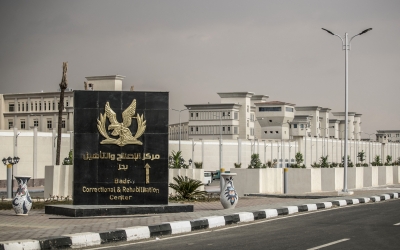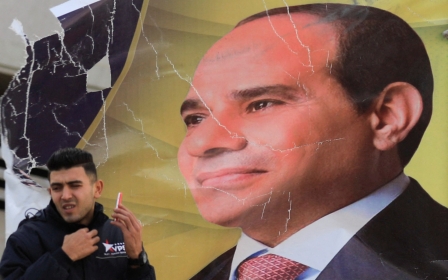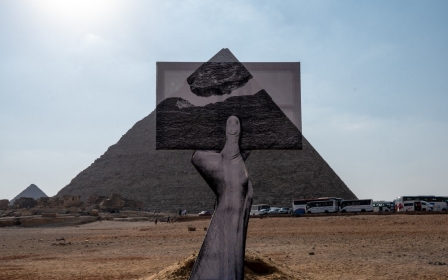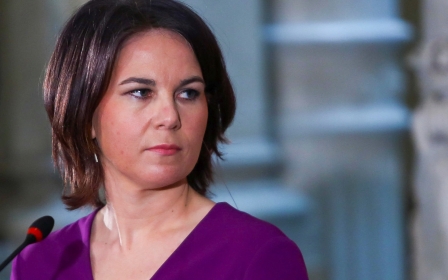Egypt must urgently provide health care to Salah Soltan, say 19 rights groups
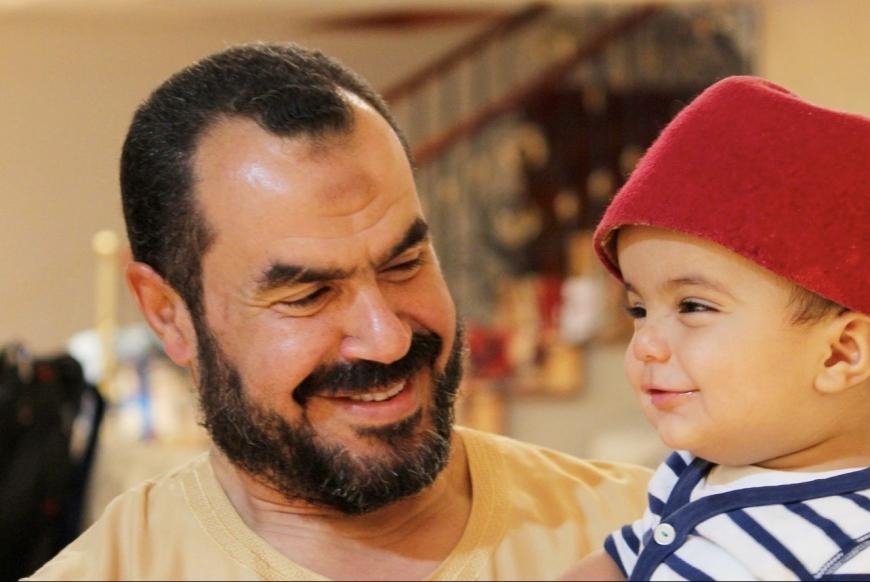
Nineteen human rights organisations urged the Egyptian government on Wednesday to urgently provide health care to political prisoner Salah Soltan or immediately release him after a recent visit by a relative revealed his health was in critical condition.
Soltan, a legal permanent resident in the US, was forcibly disappeared in June 2020, days after his son Mohamed Soltan filed a lawsuit against the Egyptian state for torture and other crimes committed against him years earlier.
He is currently serving a life sentence following a mass trial that was marred by extensive due process and fair trial violations.
His family told Human Rights Watch that during a recent prison visit, Salah was carried into a room by two prison guards, as he was not able to carry his own weight.
Egyptian authorities allowed brief prison visits in August and December 2021 and January 2022. Relatives say he was brought to the visits from a location that they refused to disclose.
New MEE newsletter: Jerusalem Dispatch
Sign up to get the latest insights and analysis on Israel-Palestine, alongside Turkey Unpacked and other MEE newsletters
"Salah Soltan's deteriorating health appears to be the result of reprisals for his son Mohamed's advocacy in the US," said Joe Stork, deputy Middle East and North Africa director at HRW.
According to HRW, Soltan had asked prison officials multiple times to see a doctor and provide medication and medical equipment but was refused. Prison guards are not visiting him daily and so would not necessarily spot a medical emergency, it added.
Salah's wife, Asmaa Elnaagar, told the rights group that he needed a glucose monitor, neck and back braces, and a blood pressure machine. He suffers from diabetes, high blood pressure and hepatitis C.
Salah's son, Mohamed, who spent 643 days in prison in Egypt after being arrested in July 2013, filed a lawsuit against former Egyptian Prime Minister Hazem el-Beblawi in a US court last year.
He accused the former prime minister of direct responsibility for his treatment, which included being shot, beaten and tortured.
He sued Beblawi under the Torture Victim Protection Act (TVTP), a 1991 US law that allows victims of torture to sue for compensation from their tormenters if the accused are in the US and no longer head of state.
In September, a US judge - citing a filing by the Biden administration that upheld Beblawi's diplomatic immunity - dismissed the lawsuit.
The Biden administration has been heavily criticised for its dealings with Egypt after the US president had vowed to end "blank cheques" to the government.
There has been ongoing unease in Washington over Sisi's treatment of political opponents, with rights groups estimating that Egypt holds about 60,000 political prisoners.
Sisi has consistently denied there are political prisoners in Egypt and has instead framed the crackdown as part of a fight against terrorism.
According to the Committee to Protect Journalists, Egypt is considered to be the world's third-worst jailer of journalists, behind China and Turkey.
The campaign against dissidents has also targeted US citizens, permanent residents, visa holders and their family members, according to a report released in May.
Middle East Eye delivers independent and unrivalled coverage and analysis of the Middle East, North Africa and beyond. To learn more about republishing this content and the associated fees, please fill out this form. More about MEE can be found here.


